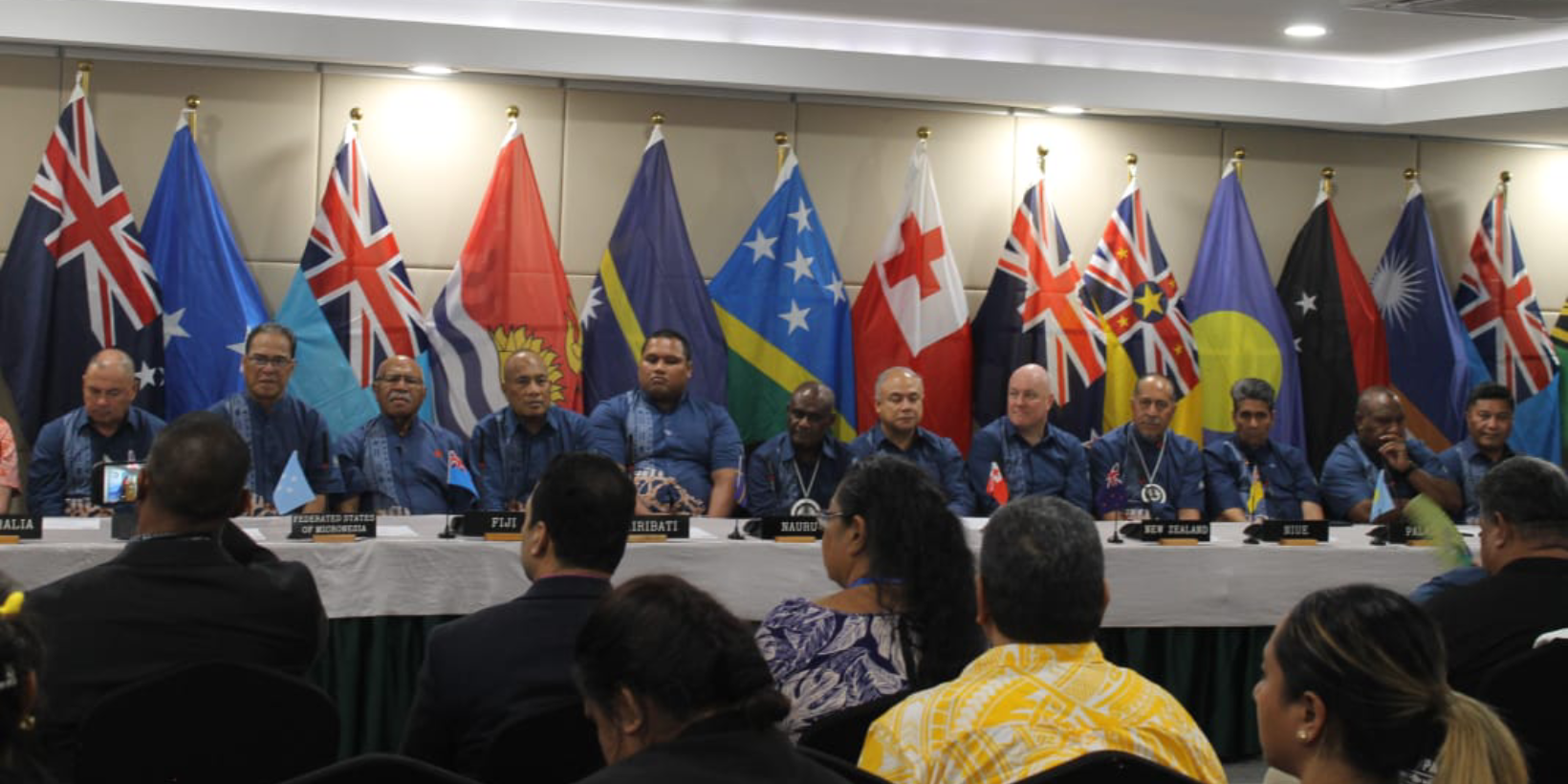Pacific Islands Forum Leaders have raised deep concern over the escalating drug trade in the region, warning that it poses a serious threat to the wellbeing of Pacific communities.
In their Communiqué released at the Retreat in Noro, Western Province, during the 54th Pacific Islands Forum Leaders Meeting (PIFLM), the Leaders expressed alarm at the growth of transnational crime, noting the Pacific is increasingly being used both as a transit route and as a market for synthetic drugs such as methamphetamines.
Leaders highlighted the growing cases of drug addiction, mental health challenges, and violent crime linked to the drug trade, which are straining societal and health systems across the region.
They cautioned that, if left unaddressed, the crisis would undermine the wellbeing of Pacific youth, weaken family and community structures, and deepen vulnerabilities across the Blue Pacific.
The Leaders called for a coordinated regional response to be considered within the review of the Boe Action Plan and other regional security work programmes.
The Oceania Customs Organisation (OCO) reported that detection rates across its 24 member countries remain critically low. Organised crime generates around NZ$1.6 billion (US$960 million) annually in New Zealand alone, with approximately NZ$600 million (US$360 million) attributed to drug trafficking.
“Criminal organisations specifically target our region because they understand our enforcement limitations across vast maritime territories,” said OCO Chairperson and Fiji Revenue and Customs Service CEO, Udit Singh. “Traditional enforcement methods cannot effectively monitor millions of square kilometres of ocean.”
Methamphetamine fetches NZ$135,000 (US$81,000) per kilogram in New Zealand markets, compared to just NZ$12,470 (US$7,500) in the United States—an 18-fold price difference that continues to incentivise trafficking networks to exploit Pacific routes.
According to OCO Head of Secretariat, Nancy T. Oraka, criminal networks have adapted quickly since the COVID-19 pandemic disrupted global supply chains, establishing new trafficking corridors through the Pacific.
“We’re witnessing unprecedented coordination between drug cartels, organised criminal groups and regional networks designed to exploit our geographic vulnerabilities,” she said.
Authorities warn that these networks are increasingly sophisticated, using semi-submersible vessels, modified shipping containers with false compartments, and systematic corruption of border personnel to evade detection.








